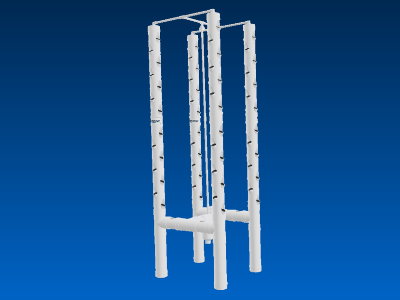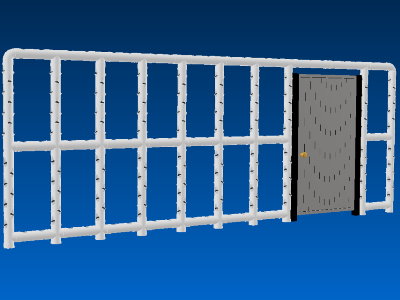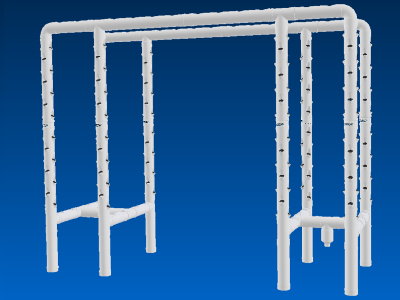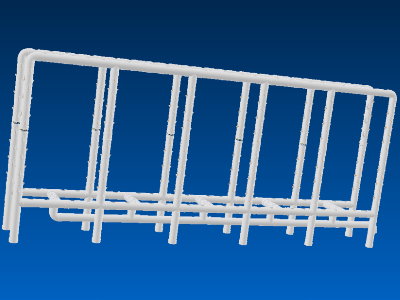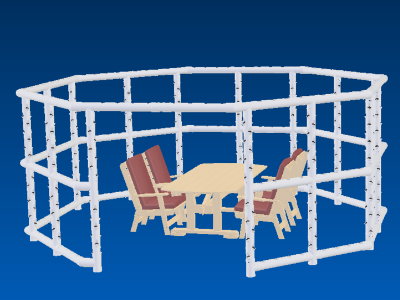Alternate Germination
Bag method

The baggy method is a very common form of germination.
Needed are:
* A sealable freezer bag
* A sheet of kitchen roll
* A water spray bottle
* seeds
Place the paper towel leaf in the bag, lightly spray
the leaf and don't spread the seeds too tightly.
Then everything is sprayed well again and the bag is closed. Make
sure that no paint has formed. Fill the bag with some more air and
wait 3-8 days, depending on the seeds.
Pay attention to the type of seed, here a distinction is made
between light and dark germs.
Do not place the bag in direct sunlight to keep the temperature
cool.
Jar method

Gefäße und Tupperware sind kleine Gewächshäuser. Was liegt hier also näher als sie für die Vorzucht zu "missbrauchen".
Needed are:
* A container with a lid
* A sheet of kitchen roll
* A water spray bottle
* seeds
The procedure is the same as for the bag method.
Petri Dishes

Petrischalen eignen sich perfekt für die Nachzucht. In Laboren finden diese bereits Einsatz für Kulturen jeglicher Art.
Hier kann die Kunststoffversion ebenso verwendet werden wie auch Hochwertige aus Glas.
Needed are:
* A petri dish
* A sheet of kitchen roll (cut to fit)
Alternatively, unbleached
toilet paper
* A water spray bottle
* seeds
The procedure is the same as for the bag method.
Microgreen method

Hydroponic pre-breeding is done conventionally with rockwool or alternative materials.
Needed are:
* Cubed Rockwool (ready to buy)
* A shallow bowl
* A water spray bottle
* seeds
The cubes are soaked beforehand, two seeds are placed per hole/cube and finally sprayed carefully. Stone wool stores water very well and finds its place in the bowl. This should be minimally filled with water. Depending on the seed type, place the tray in the dark or in good light.
Useful tips for germination

Depending on the seed quality, the germination
methods presented bring more than 90% germination. To prevent mold
infestation, it is advisable to use distilled, reverse osmosis
water or pH-regulated water (~ PH 5.5) with a little hydrogen
peroxide. Boiled and cooled water is also an alternative here.
The seeds must not be completely covered by water and the
temperature must be below 30°C.
Salads prefer it in a range of 22-26°C.
As soon as the first leaves appear, the seedlings should be placed
in the light immediately, although direct sun should be avoided.
Watch out for the beginning of discoloration of the young roots
and peck them as soon as you notice this.
Further pre-cultivation can take place in breeding soil or in a
medium that is suitable for hydroponics. Once the roots have grown
a few inches out of the medium, the young plants are ready for a
hydroponic system.

